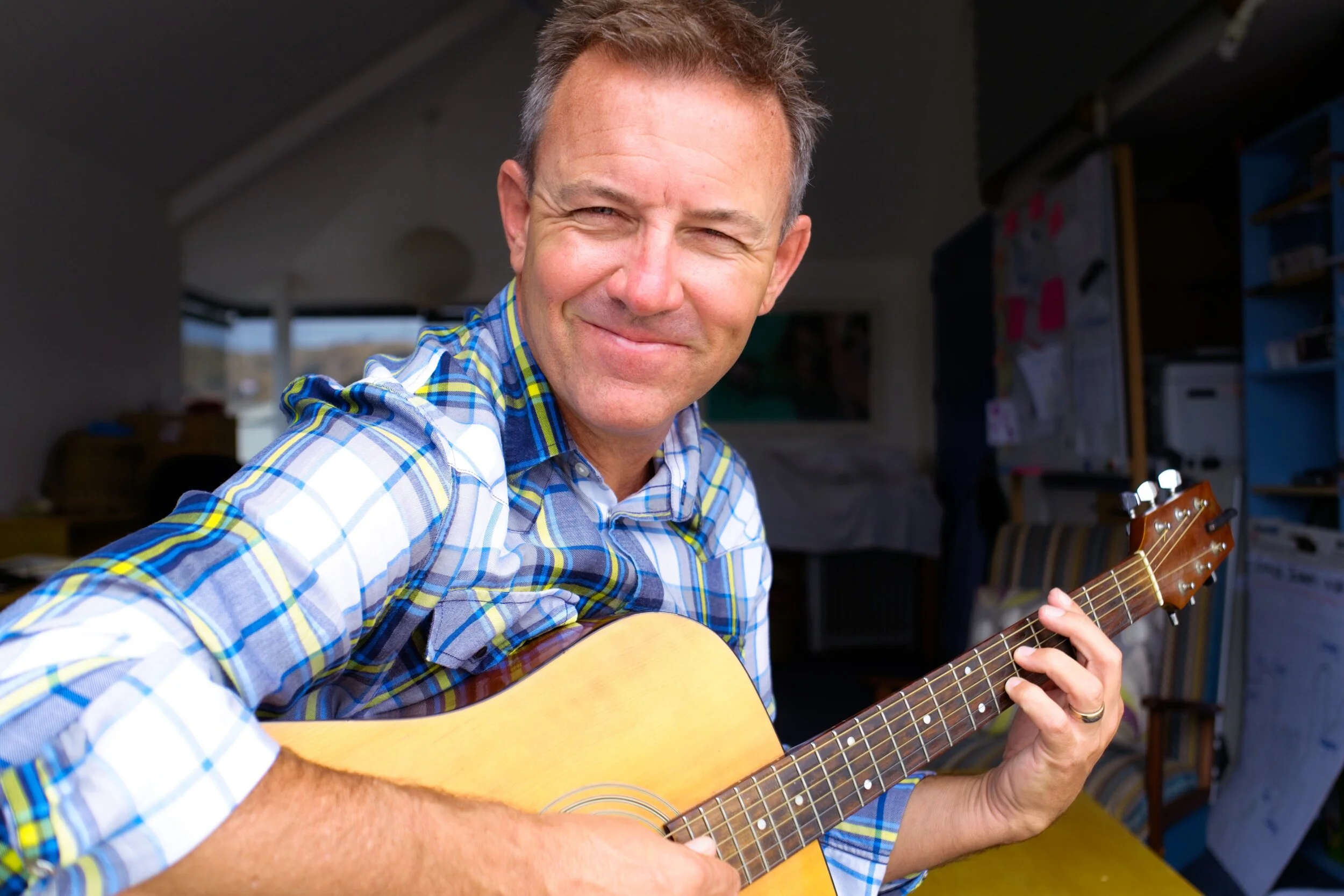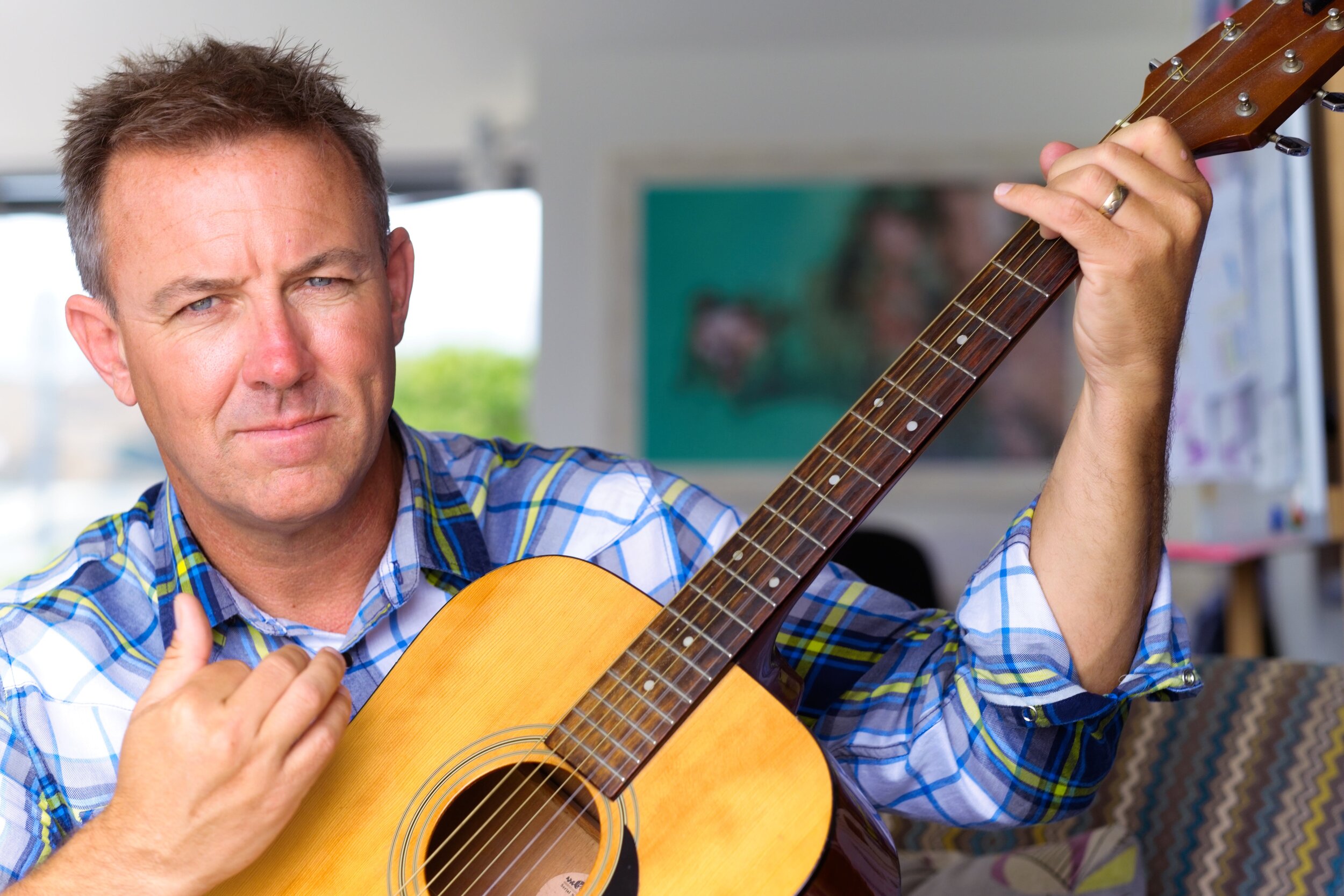Listen to the interview on your favourite podcast app: Apple Podcasts | Stitcher Radio | Spotify | Google
Meet Digby Scott, the corporate rebel
An Australian adventurer, husband, father and developer of leaders looking to bring change to the world.
Originally a Charted Accountant, Digby felt the world had more to offer, turned to travel, headed to Canada and spent a season working at a ski resort. He then followed this up by talking his way onto a commercial salmon boat with no experience. He finally settled back into the corporate world as a professional recruiter in London.
This is when Digby found his passion. Development of people, development of culture, development of organisations. Getting the best out of people and helping them grow towards a new future.
What was your vision when you first started your venture?
My idea was to offer career coaching. I wanted to help align people with their ideal work. When people play to their strengths, deliberately choosing the work they love, then the organisations who employ them benefit. In the late nineties, coaching wasn't valued by organisations as much as it is now. I quickly started working on a way to develop leaders and managers to become the catalyst for other employees' change. Empowering them to show up as the best person they could be.
At the time, only a few organisations were conscious of this approach. Now the idea of developing the best in people to improve their performance is the zeitgeist of today.
Based in Wellington, I work with public sector agencies, government departments, as well as several private sector companies.
Primarily if an organisation looks to shift its culture, I'll coach a handful of people to be the change agents. People who'll make a disproportionate impact. Then I also work with the executive team to help them support the change agents to make that culture shift. You can't just drive change from the top.
My book Change Makers came about to help run my workshops and programs. A book is a great way to help people for very little money to get maximum value for time. You don't have to be anywhere. You just take your book off the bookshelf, sit down in your bean bag and soak it up. For $20 or $30, that's a pretty good investment.
How did you deal with early setbacks?
The setbacks that I've experienced are mindset barriers.
I'll give you an example. I stayed two years too long before leaving Inspire Group. I realised my enthusiasm for the job and performance was flatlining. I had stories in my head about why I shouldn't leave. That wasn't good for me. I was less excited about work. I was wanting to work for myself and believed I would make more of an impact doing so. But then I wouldn't move.
Fortunately, I had a couple of good mentors who challenged me to change my story. Gently but firmly holding my feet to the fire. Eventually, I spoke with the CEO and it was relatively painless. We discussed me leaving, made a six-month timeline and managed it well. I should have done that a couple a few years earlier.
Sure, I could say I wouldn't be the person I am now without that lesson. The setback was two years of my life that I could have used way more productively. The lesson, if you feel hesitation, and you want to move on, then you really must examine that feeling.
Tim Ferris is one of my favourite podcasters. He has a great Ted talk on fear setting. We have goal setting, but unless you're addressing the fear holding you back, you're likely to stay stuck.
He has this lovely process of analysing the worst possible case scenario. When you examine your fear, it becomes smaller. He uses these questions to help take action:
What could you do to prevent failure from happening? If you acted, what preventative measures would you have in place?
What would you go if things didn't work out? What could you do to repair it?
What's the cost of inaction?
Many senior leaders have flatlined in their work and are asking the question 'what else?' Moving on seems dangerous, maybe causing the loss of money or credibility. So there's inaction that needs circuit breaking as soon as possible. It's fundamental so as not to block innovation or other people from progressing. I want to be a catalyst for a more deliberate choice. Not just for individuals, but society. Guiding people to have more purpose towards contribution. Not just making a difference, but also making a life.
Personally, with encouragement from my mentors, I discussed with past clients the possibility of working differently together. Determining if I had a service they would be interested in. That validation quickly built the self-belief I needed to move forward. I could have read all the books in the world, but I don't think it would have helped. It's the human connection, their belief in you, that makes you believe in yourself.
I'm a huge believer that there's a couple of key things that shape our behaviour.
“Your beliefs become your thoughts, your thoughts become your words, your words become your actions, your actions become your habits, your habits become your values and your values become your destiny.”
Think about that. The more we understand the wiring inside our heads, the more choice we have around our behaviours. I'm a huge believer in the power testing our assumptions. We tell ourselves all these stories about what's okay, what's safe and what's not. They're all invented.
Environment also shapes behaviour. The saying is "You're the average of the five people you hang around with the most". So who do you choose to hang out with? The more you can deliberately be an environment that serves you, the better you're going to be.
“The more you can deliberately be in an environment that serves you, the better you’re going to be.”
For me, living in Wellington, access to nature is right there. If I'm running a workshop or keynote, I'll go for a walk in nature. The beach, the bush, wherever it might be. If I can't, I'll listen to music. I've have a bunch of different Spotify playlists for different situations. Music's great for mood shifts. Often after a good day, I'll play my Heavier playlist and rock out all the way home. Who knows what people in the other cars are thinking.
I have a handful of people that are just gold. You've interviewed Gillian Brookes on your podcast. We just lift each other, it's awesome. That's 'one of the five people' sort of thing and reaching out to those people.
I have a cool people list. I'd never share who's on it. It changes all the time. I have thirteen people on it at any one time. One for each week in a quarter.
Every Friday I'll call one person from the list. If I can't get hold of them, I'll leave them a voicemail. Something like, "Hey, thinking of you, just wanted to connect and see how you're going". When we do see each other and it might not be for a quarter or two, we at least have that connection. I'm deliberate about that.
Was there a time that you wanted to give up?
I had burnout in the mid to late nineties. It was a soul-destroying time. I wasn't suicidal, but I was at a low point. I really had to dig deep into 'who am I and what do I want from life.'
I did a lot of that work in my late twenties / early thirties. If I'm honest, it probably took me almost five years.
That work set the mould for how I am today. At a deep level, I created a strong sense of conviction for the work that I want to do. It's like moving a big heavy wheel, pushing until it gets momentum.
Whenever I've come across obstacles or challenges, I have a deep conviction to find a way around it. Sometimes there are some blind alleys. But there are no doubts. I know this is the work for the rest of my life. Of course, it evolves and grows. But the core idea is still there.
So no, there's not a time where I've wanted to give up. It's more realising that I'm a little flatlined and asking what's the next version?
Were there any traps that you fell into?
Yes…
I get seduced into work that looks sexy on the surface, only to find it’s not.
Saying yes out of fear.
Letting my ego get in the way and not wanting to let people down or upset them.
Overthinking is another trap. For example, my book Change Makers. I had the idea of writing it three years before I did. My next book, I have the idea, in six months there will be a book. Don't overthink it, don't overanalyse it, just experiment. Try things out and get moving. This is probably the biggest one for me. I'll still hold back sometimes, I'm only human after all. But I'll also have someone to hold me accountable.
(As of writing this article Digby has isolated himself to concentrate on writing his next book)
“The Wellington Hustle Interview Project is brought to you by timson.co.
Headshots and Story Brand Photos. Show off your vibe and attract your tribe.”
What inspires and motivates you?
Every year, for the last 20 years, I go to a place in northwest Western Australia with a bunch of mates and camp for two weeks. It's on the edge of the ocean. It's rugged, 150kms from the closest town, world-class waves, coral reef, sea life abundant, stars abundant and no cell phone coverage. We windsurf and surf our hearts out.
It's really hard to put into words. If something catastrophic happened in the world, we wouldn't know about it. There's something quite cool about simplicity. Slowing down and getting away from complexity. Whenever I strip back this stuff from my life, something else always emerges. And that happens for me on these trips. It's why I keep going back. I'm not particularly religious, but there's a connection to something bigger that happens out there.
What also inspires me are stories of authenticity, people who remove their facade.
I coached a lady who was the head of one of Australia's largest mine sites. To start she was gruff, wearing steel cap boots, overalls, serious with a strong handshake. As I got to know her over a year, she began to be her authentic self. Interested in holistic sustainability, she searched the answer to the question "How can we be an amazing corporate citizen when we're a miner?"
The struggle to drop the facade enabling her to fit in, a female in a man's world. Working out who she is and how she wants to contribute and taking action to make the change. That story still inspires me years later.
Can you describe a breakthrough that you're particularly proud of?
Stepping out from behind myself and being authentic. Susan Scott wrote a lovely book called Fierce Conversations. She says, "Come out from behind yourself, into the conversation and make it real."
I had a breakthrough by launching the Change Makers program. I'm proud of what it's become and the massive value it provides people. But at the time, I was terrified to launch, what if they didn't like it?
I'd been hiding behind delivering other people's programs and structures. I was delivering my own material, but it was safe. Change Makers was different and ballsy. I drew a line in the sand, showing what I stand for, promising value and asking for money. It was very scary for me. The breakthrough was actually just pushing through that fear and going for it.
Now I love what I do. Change Makers is my favourite work. In part, it's because I had to grow up to do it.
What do you see as being your biggest lesson?
Breaking through mental barriers and trusting myself. Think of the Marianne Williamson quote, "Who are you to play small?" It's about moving away from the story of not good enough and being judged. Some people will judge you, so what.
Decide who you are, what you stand for and the impact you want to make. It doesn't have to be world-changing. It could be making change for another person. Then work towards that change. Realise that all fears and most rules are invented. If you hold that frame, you'll travel through the world way more lightly and have a lot more fun.
I used to be driven by the need for approval. Yesterday I ran a workshop with a group of leaders. Afterwards, I felt that the work didn't land with some of them. That night, I reflected on how I felt about that. I realised, firstly, it may have landed, I just don't know. Secondly, maybe it hasn't landed yet and I planted a seed that will grow. Thirdly, if it didn't land, then that's life. I can't be all things to all people. I'll do the best with what I have.
It helped me drop the baggage that I didn't need. That's important. If you're not putting out there that what you believe is useful and helpful for other people, then no one's better off. You have to do it. But also there's no guarantee that everyone's going to love it.
Has your vision always been clear and how has it evolved?
Vision comes and goes for me. I remember years ago, my wife asked me "what's your vision for your work?" I couldn't answer it. I was terrified. It was horrible.
Sometimes my vision is absolutely crystal clear. Other times it's just a feeling. That's okay. Live every day based on your values and now and then think about where you're going.
When my vision is unclear, it's because I haven't managed my energy well. I've been working too hard or not looking after myself. Whatever it might be, I just lose sight of stuff.
Slow down, try not to think, just see what bubbles up and then have somebody ask you good questions.
I haven't really answered the question, but given you my process. People need to beat themselves up if they don't have a clear vision. Instead, think about your process for allowing it to emerge.
There's an author Parker J Palmer, who wrote Let Your Life Speak. He says, it's not really about seeking out your purpose, but stopping and listening to what your life is telling you. What's it all about for you? How are you spending your time and where are you most lit up? Then reflecting on that. That tells you what your vision and purpose can be about.
What would you do differently if you had to start again from scratch?
Nothing. I'll tell you why. I said earlier, "The person I am today is only because of the things I've tried, lessons learned and decisions I've made. So I wouldn't change a thing. I'm saying that from a position where life is pretty fine. Nothing's broken. I enjoy my work, the people, the way I work.
If life was worse, I wonder if my answer would be the same? Would I have the wisdom realise this is a slump?
A similar question would be what advice would you give your 20-year-old self? I'd say, keep going. Just keep moving and exploring. That's how you learn and become you.
Connect with Digby
If you have enjoyed this article and want to start a conversation with Digby, you can reach out by:
Website: Digby Scott
LinkedIn: https://www.linkedin.com/in/digbyscott/
Or order Digby’s book, dive in and make a change: Change Makers.
Please don’t forget to tell Digby that I sent you.
Interview and photography by Professional Headshot Photographer, Tim Morrison (all rights reserved)











